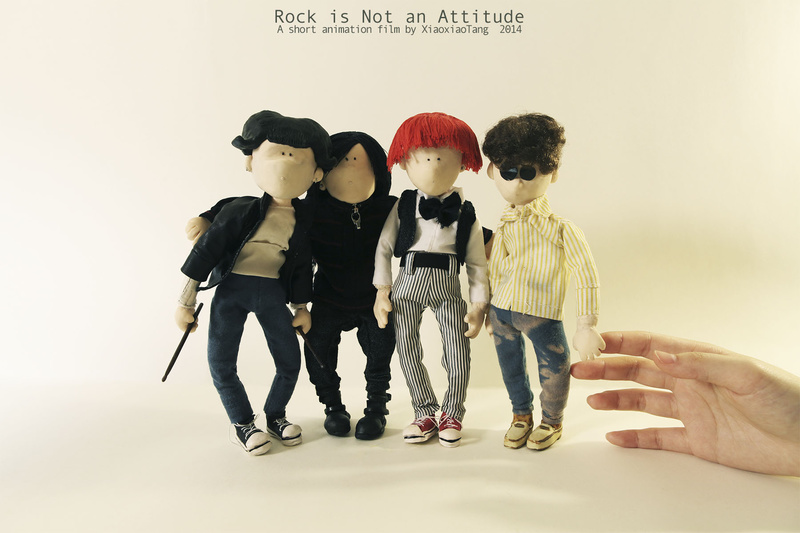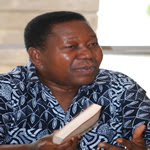"After the death of her father, a disabled girl dances her way back to happiness and provides her grieving mother with an opportunity to connect with people again."
ROFFEKE: What inspired you to write "Spirit Dance"?
KITANIA: It is the visual representation of how I experience the world. Like the main character in my story, I have mental and physical disabilities, and have found myself throughout much of my life living with external challenges. I wanted to show that people with "different" ways of viewing the world aren't bad or wrong... and that music and dance can help us connect with people of all abilities.
ROFFEKE: Why animation as opposed to live-action?
KITANIA: I wanted a way to clearly define the contrast between what is in the main character's imagination and the "real" world around her, and I thought that in animation, my characters could also more easily be ethnically ambiguous, like me!
ROFFEKE: What are your thoughts about how people with disability are portrayed in film?
KITANIA: For me, I am most comfortable when the disability is not the focus of the story, or used as a trigger (the sole reason why a character is evil or depressed, for example). It doesn't bother me when 'regular' actors portray disabled characters. I've acted in many roles for which I had no 'real life' experience, but one can develop empathy and understanding about how to portray a particular type, personality or occupation. It would be great to see more disabled actors in 'regular' roles, though!
ROFFEKE: Your advice to aspiring screenwriters?
KITANIA: Learn proper screenplay formatting. A brilliant story may be overlooked simply because it is hard to read due to formatting problems and plot issues. However, if you plan to direct your own screenplay, then break any formatting rules you want.
ROFFEKE: Your advice to female screenwriters?
KITANIA: Find your voice, and write for your intended audience. If the odds are 1 in 100, be the one. If you can't find the examples of women who have done what you want to do, then lead others by your example. And of course, if you're not directing your own screenplay - use good format!
About Kitania Kavey: "Disabled screenwriter who finds purpose and passion in writing short and feature-length live-action and animation screenplays."
Also check out Rock 'n' Roll and Disability
Tuesday, September 29, 2015
Subscribe to:
Comments (Atom)



























































































































































































